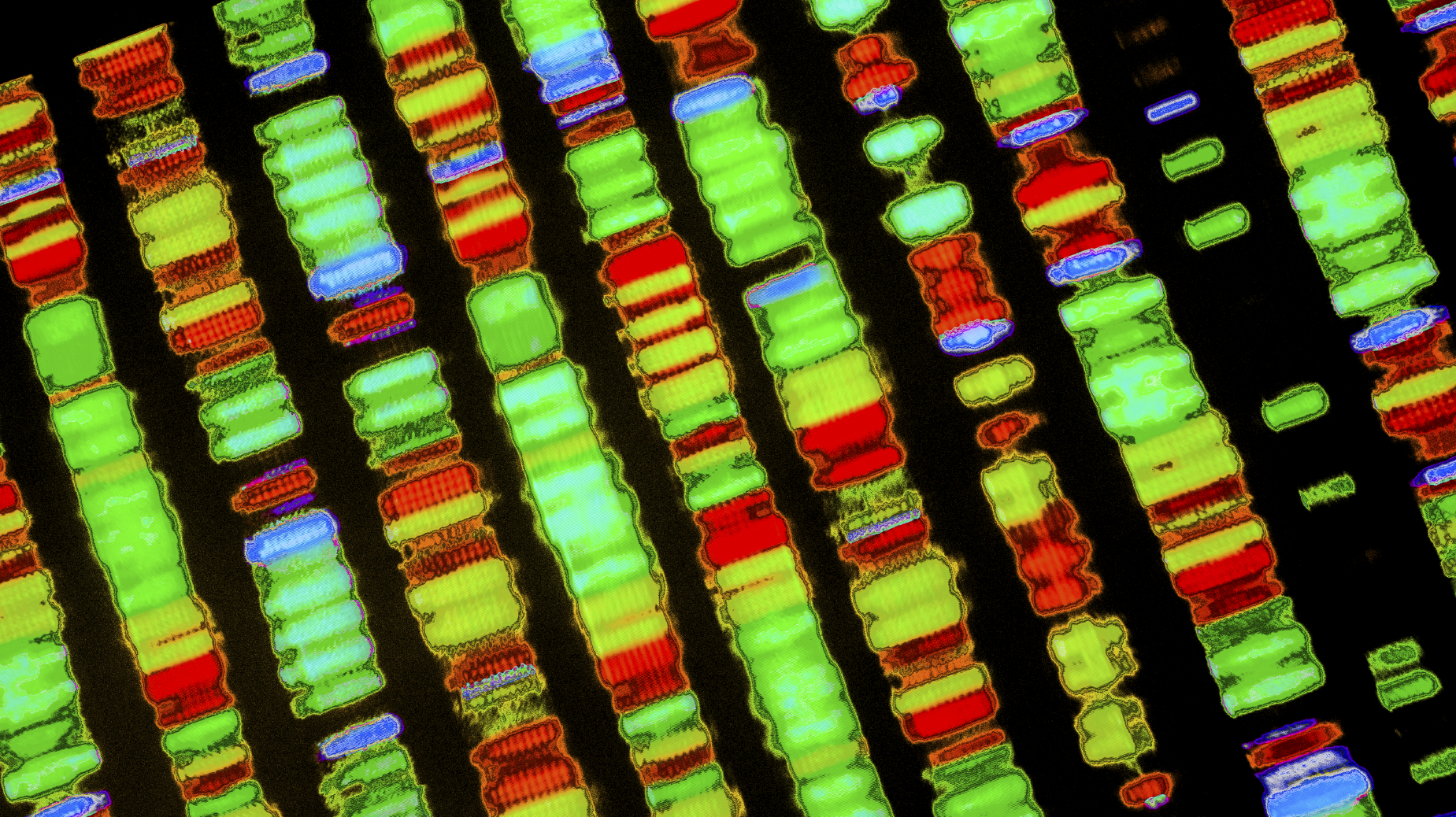Brexit could freeze UK out of EU rare disease research, says patient group

The UK risks being frozen out of cutting-edge European research into rare diseases after Brexit, a patient organisation has warned.
Maintaining the UK’s status as a leader in life sciences has been a priority ever since the 2016 Brexit vote, and from the outset there have been concerns about whether the country will continue to participate in European Reference Networks (ERNs) after the split from the EU.
These virtual networks allow healthcare providers across Europe to share information about complex or rare diseases requiring highly specialised treatment, knowledge and resources.
But an advocacy organisation representing people with rare diseases has warned that nothing has been done to ensure the UK continues to participate in these networks after Brexit.
The UK coordinates six of these 24 networks, and the Nuffield Trust health think tank has already warned that leaving them could have negative consequences for patients and their carers, who benefit from the expertise from they are bringing to NHS hospitals and clinics.
In an open letter to health secretary Matt Hancock and the chancellor of the Duchy of Lancaster and Brexit minister Michael Gove, John Wallace, a representative of the organisation Autoinflammatory UK, said the ERNs are vital in that they allow patients and healthcare providers to link and share knowledge.
They have been particularly important in rare diseases where patients often become experts in their conditions, according to Wallace, allowing doctors across Europe and the UK to coordinate efforts with input from affected families.
Autoinflammatory UK is calling on the UK government to ensure that participation in ERNs is protected in any withdrawal agreement with Europe, as prime minister Boris Johnson bids to reach a solution to Brexit in time for the deadline of 31st October.
Losing contact with ERNs could make it harder to recruit patients to trials, said Wallace, whose wife and son both have the ultra-rare disease Familial cold autoinflammatory syndrome-2 (FCAS2), and runs a support group for patients with related conditions.
In the open letter, Wallace said: “As the number of patients with rarer conditions in each country is low, it is only possible to recruit enough patients for clinical trials by carrying out trials across countries.
“A situation where UK trials are no longer able to recruit European patients would lessen the benefits for patients across the whole of Europe, as well as risk damaging UK and European science.”
The network covers around 20,000 healthcare professionals in 300 hospitals within 26 countries, taking care of about a million rare disease patients.
Rare diseases can be very serious and are often genetic in origin affecting a very small population of patients, usually fewer than one in 2,000 individuals.
However with more than 6,000 identified rare diseases they affect 25 to 30 million in the EU, around 5% of the EU population, and 6% of the UK population, equivalent to the population of Belgium and the Netherlands combined.













